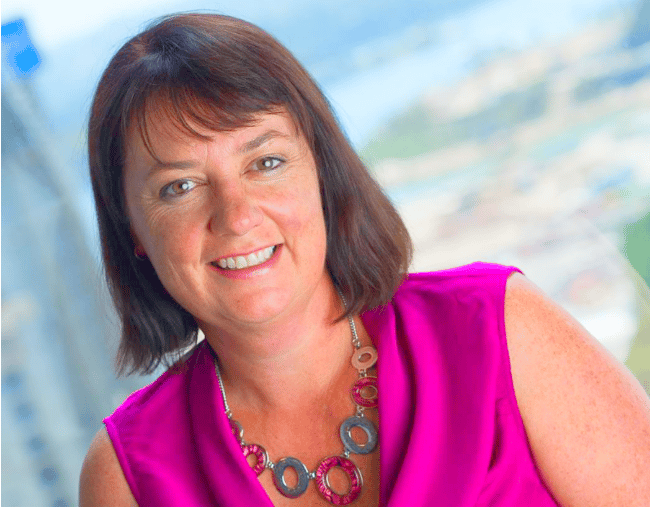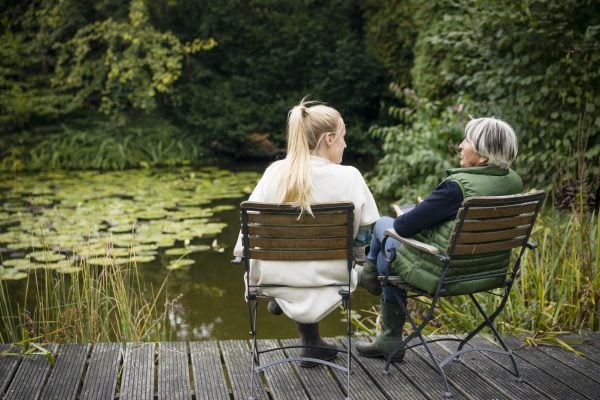
Michelle Knox never knew she was ‘good’ at talking about death until her father passed away.
That’s mostly because she hadn’t ever really had to speak about it before. But when her beloved dad became seriously ill and died shortly after, Knox became somewhat of an expert on the topic – not because she wanted to. Not because she enjoyed it. But because she had to.
In the past 18 months, Knox and her work colleagues had collectively lost five parents – including Knox’s own father – and a 41-year-old colleague. These sad, shared experiences prompted many honest discussions amongst the team about dealing with grief and the processes associated with death.
“Being able to share what I’d learnt and help others gave me a positive purpose when I really needed it,” Knox, a Portfolio Manager at Westpac told Mamamia.
Having lost her father to progressive lung disease, Knox learnt that death takes on a life of its own, and that the best way to deal with it is to plan. Last November, she decided to share the lessons she has learned in a TED Talk held in Sydney.
“Talk about your death while you’re still healthy” was the topic of her speech. It resonated enormously with the audience – and went viral when it was posted online, watched nearly 1.2 million times.
Why was a normally taboo topic was so well-received?
“Because whilst no-one likes to think about it, death is a universal experience,” Knox says. “And it’s the most challenging one that many of us will face.”
